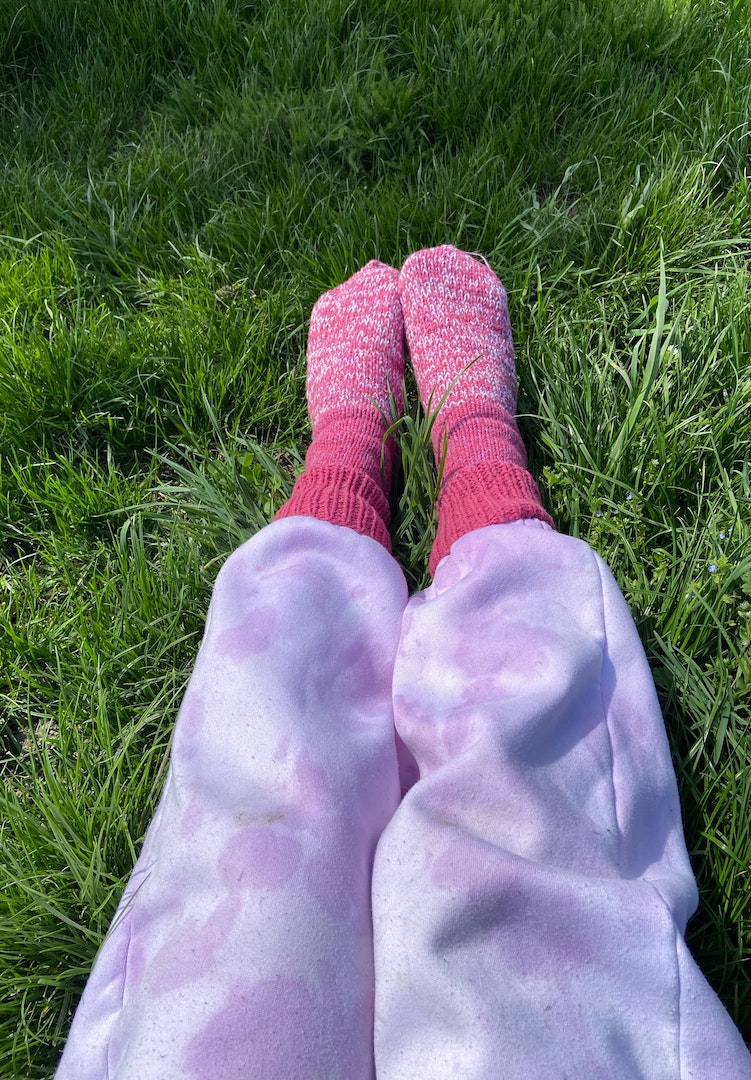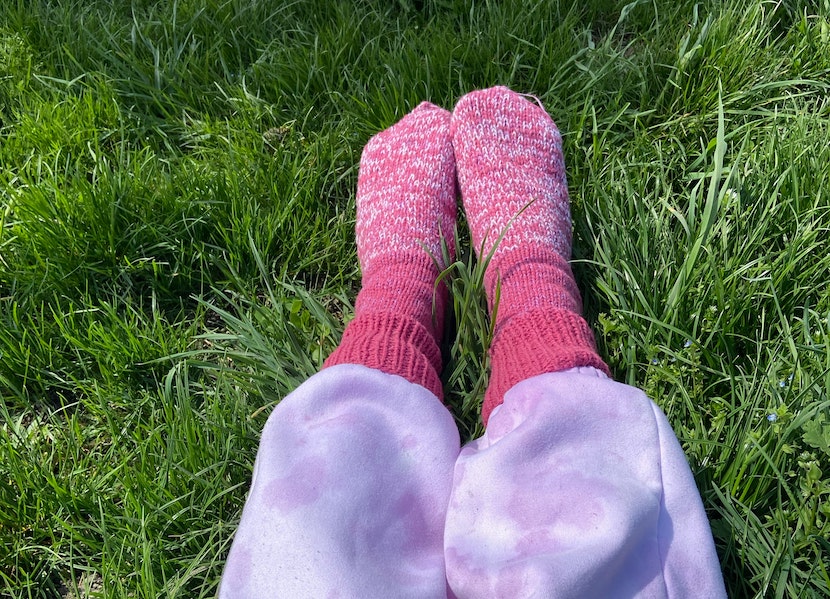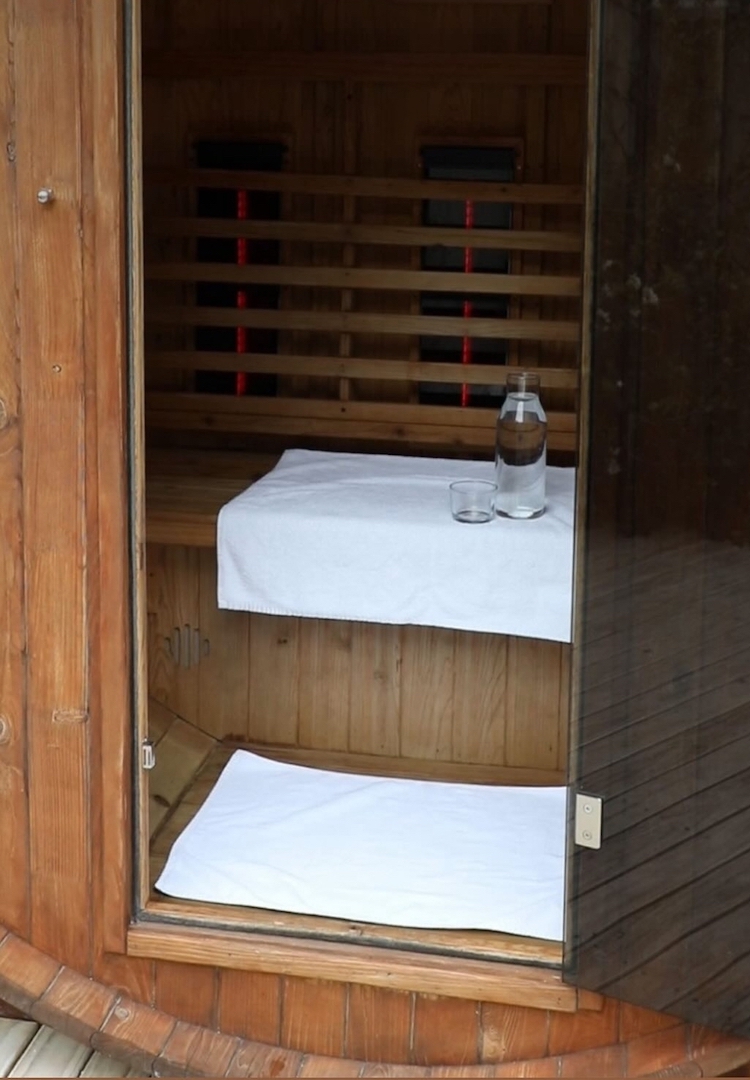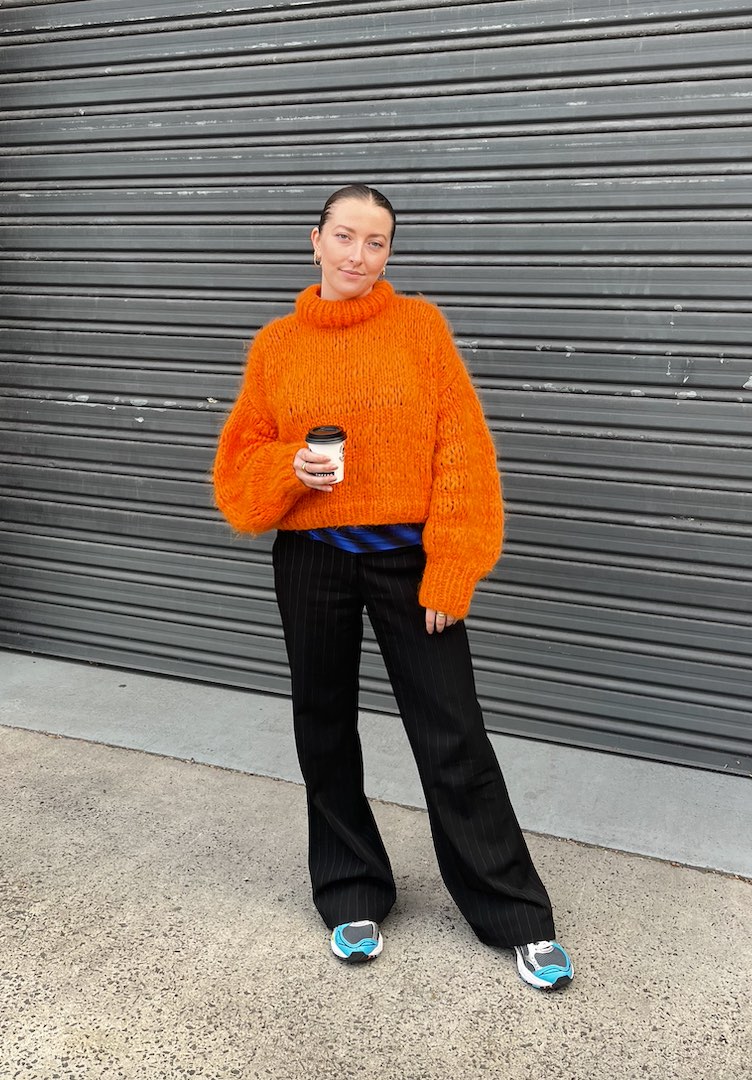I stayed in a women-only mental health facility, here’s what I didn’t expect
WORDS BY GEORGIA WRAY
“It was the opportunity to be surrounded by people who understood completely what I was going through, with zero judgment.”
When I started to tell friends I was admitting myself to an inpatient program at a psychiatric hospital, it became pretty obvious I had done myself a disservice by never having watched Girl, Interrupted. Nearly everyone I spoke to referred to this movie as their expectation of my experience.
Before I went in, I was constantly assuring panicked faces that things were much different to the cold and uncaring nightmare they were imagining. But realistically, I wasn’t confident it was the right decision.
For more content like this, tap through to our Life section.
I was absolutely terrified, but I was also stuck in a two-year-long mental health episode that left me incapable of taking care of myself in even the most basic ways. I wanted to get better and I was ready to try anything.
My experience
The day of admission can be the most difficult day. Anyone who’s been to a new mental health practitioner knows the first one or two appointments are filled with an exhausting amount of recounting background information. It’s a very emotionally provoking process, in which you have to be prepared to be completely vulnerable.
As a part of my intake, I was repeatedly being walked into new rooms with new doctors, nurses, or practitioners and describing my entire life in excruciating detail. Part of my reasoning for my admission was to receive a diagnosis and medication review. These first sessions greatly influence the type of treatment you will receive, so I was anxious to ensure I didn’t miss any details.
By the end of the day, I was completely overwhelmed. In just a few short hours, I had two new diagnoses to add to my list and a range of new medications I couldn’t even remember the names of. Nurses would walk into my room every 30 minutes or so to check on how I was doing, to let me know groups were about to run or to check on my alcohol withdrawal symptoms.
A group of nurses searched my bags and some of my belongings were confiscated, like cords and belts longer than 22cm, my face wipes that contained alcohol and a lace bow on my bag. An old, small Ziplock bag that quite obviously used to contain an illicit substance was taken from my bunny-shaped coin purse and discarded without judgment.
The reality that I was going to be stuck in this room and this hospital for seven to 10 days with unfamiliar people, a new routine and no privacy began to sink in. I longed for my house, my cat and my friends. But among the fear and the anxiety, there was also hope.
Hope is not a feeling I take lightly. When you’re without it for so long, it’s a sweet shock to the system to be reunited with it. Though the process had been incredibly draining, I had new options for the first time in years. For the first time, my premenstrual dysphoric disorder wasn’t dismissed, my experiences with ADHD weren’t confused with anxiety, and I was in a space that was incredibly well-versed in helping women with trauma.
After this first day, things were a lot slower paced. Each day revolved around the group therapies written up on the small whiteboard in the kitchen each morning – some kind of movement-based class in the morning, more intensive CBT or DBT-based skill workshops for the middle of the day and meditation or art therapy in the afternoon.
At the start of my stay, I tried to attend most of these groups – partly because I wanted to build on my coping mechanisms, and also because I grew anxious when I sat in the hospital with too much free time. Attendance was encouraged, but I was grateful to never be forced into participation.
As my days moved through, I began to develop mixed feelings about these groups and how central they were to my treatment. I was one of the youngest patients at the hospital by about ten to fifteen years, which meant the content of the groups often ended up covering topics that were hard to relate to.
Most conversations would skew towards parenting or career difficulties, regardless of the intention of the session. I’d often walk away with nothing more than a poor-quality scanned handout to add to the growing pile of other discarded handouts in my room.
Interestingly, outside of the groups, the age difference didn’t affect my relationship with the other patients. In fact, it was the brief connections with the other women in this hospital that I find myself most grateful for. You’re advised upon admission not to befriend the other patients (it’s very easy to trigger each other), but it became obvious there was an overwhelming sense of support amongst the group.
It was the opportunity to be surrounded by people who understood completely what I was going through, with zero judgment. I still kept to myself more than most of the other patients, but I knew I always had the option to sit down and share a meal and a conversation if I desired.
I spoke to other women who had shared my experience of being diagnosed late in life with ADHD. I spoke to women who had experienced similar traumas and women whose lives and struggles couldn’t have been more different to mine, but who still treated me like a loved one.
While I was in the hospital, I started dating someone new. A 40-year-old patient was the first person I told about it, and she was genuinely overjoyed for me. When I was leaving, she gifted me a citrine crystal to promote positive energy. I’ve carried it with me every day since.
These relationships were short, but they were incredibly impactful – the understanding that complete strangers could have such unabashed care for each other in their worst moments is something I hold close to my heart. These women also illuminated how critical access to this type of psychological care is.
There was no one reason for someone to look to this type of help. For some, it was the first time they’d ever experienced a mental health episode and they didn’t know where else to turn. Others were experiencing relapse and didn’t have time between parenting and work to spend time getting better, some were going through separations or breakups and some women just needed a break.
I still haven’t watched Girl, Interrupted, but my experience was far from negative. The hospital wasn’t without its flaws, and the process of adjusting back to real life has created its own set of challenges, but it’s also made an immense difference in my life going forward. I now know there’s a safe space to fall back on in times of need.
If you or someone you know is struggling with their mental health, you can contact Lifeline on 13 11 14.













